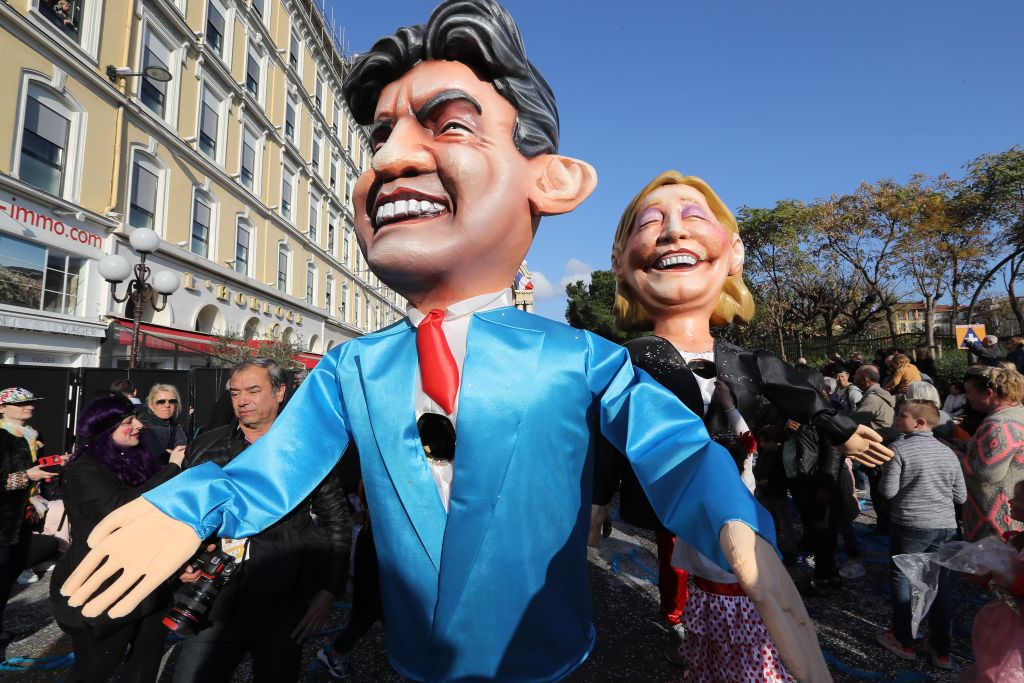The French philosopher Jean-Pierre Faye’s career has encompassed everything from fiction to prose poetry, but he will best be remembered for his contribution to political science: Horseshoe Theory. This maxim holds that the far left and far right, rather than being at opposite ends of a linear political spectrum, in fact closely resemble each other. This is because the political spectrum is not linear but instead curves like a horseshoe, the right and left extremes of which almost meet.
Faye’s theory has often been derided for being simplistic, so he could be forgiven for feeling a quiet sense of vindication after a recent survey of supporters of the defeated far left candidate Jean-Luc Mélenchon, a former Trotskyite, who received 19.6 per cent of the vote during the first round of the French presidential elections held on 23 April. The survey found that 65 per cent of Mélenchon’s supporters would not vote for the centrist candidate Emmanuel Macron, who went through to the final round – to be held on 7 May – alongside Marine Le Pen, who was leading the Front National, a party long-deemed fascist.

Get Britain's best politics newsletters
Register to get The Spectator's insight and opinion straight to your inbox. You can then read two free articles each week.
Already a subscriber? Log in







Comments
Join the debate for just £1 a month
Be part of the conversation with other Spectator readers by getting your first three months for £3.
UNLOCK ACCESS Just £1 a monthAlready a subscriber? Log in